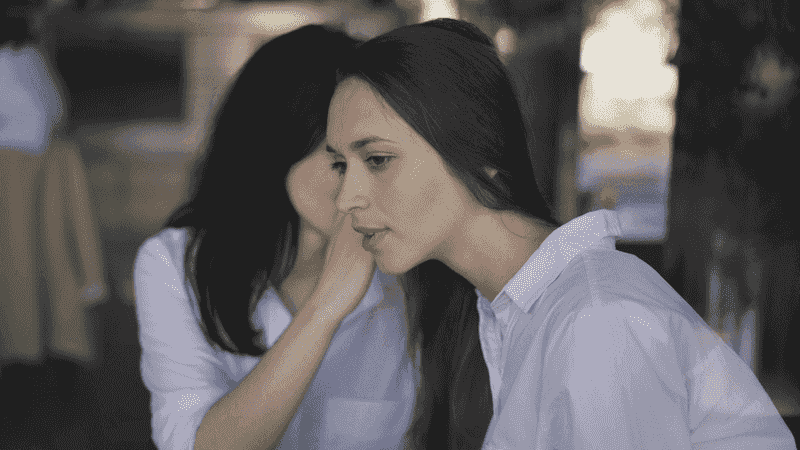7 Friendship Red Flags That May Signal It’s Time to Set Boundaries

True friendship is built on trust, respect, and genuine care for one another. But sometimes, even the closest relationships can turn sour when certain boundaries are crossed. Recognizing toxic behaviors in friendships is the first step to either addressing them or moving on to healthier connections. Here are seven behaviors that no real friend should ever display.
1. Constantly Putting You Down

Friends who regularly criticize you, make fun of your dreams, or dismiss your achievements are doing serious harm. These put-downs might be disguised as “just jokes” or “honest feedback,” but they leave you feeling smaller and less confident.
Good friends build you up, not tear you down. They celebrate your wins and offer constructive advice when asked. If you notice yourself feeling worse after hanging out with someone, pay attention to that feeling.
Healthy friendships should make you feel valued and supported, not constantly judged or inadequate.
2. Talking Behind Your Back

Loyalty matters in friendship. When someone shares your secrets or spreads rumors about you to others, they’re breaking the trust that friendships are built on. Real friends discuss issues directly with you, not everyone else.
This backstabbing behavior creates a web of mistrust and drama that healthy friendships don’t have. You should feel safe knowing your private information stays private when shared with a friend.
If you discover someone has been gossiping about you, it’s a major red flag that needs to be addressed or might signal it’s time to reconsider the friendship.
3. Only Showing Up When They Need Something

We all know that friend who disappears until they need a favor. They’re nowhere to be found during your tough times, but suddenly appear with friendly texts when they need help moving or want to borrow money.
Friendship should be a two-way street where both people give and receive support. One-sided relationships drain your energy and resources without giving anything meaningful back.
True friends maintain contact during good times and bad. They don’t treat you like an ATM, therapist, or utility to be used only when convenient for them.
4. Making Everything a Competition

Friendly competition can be fun, but some people take it too far. They can’t celebrate your good news without one-upping you or making your achievements seem smaller compared to theirs.
Got a promotion? They got a better one. Bought a new car? Theirs is nicer. This constant competition turns every conversation into a battle that you didn’t sign up for.
Real friends cheer for your successes without feeling threatened by them. They understand that your win isn’t their loss, and there’s enough happiness to go around without keeping score.
5. Disrespecting Your Boundaries

Boundaries are the invisible lines that help us feel safe and respected in relationships. When friends repeatedly cross these lines—showing up uninvited, pressuring you to do things you’re uncomfortable with, or demanding more time than you can give—they’re showing a fundamental lack of respect.
A true friend listens when you say no and understands that having limits doesn’t mean you care less about them. They respect your need for space, privacy, and autonomy.
Learning to set and maintain healthy boundaries is crucial for all relationships, especially friendships.
6. Disappearing During Hard Times

Fair-weather friends are plentiful during good times but vanish when storms hit. When you lose a job, face health challenges, or go through a breakup, these friends suddenly become “too busy” to support you.
The true test of friendship often comes during life’s difficulties. Real friends show up with a listening ear, a shoulder to cry on, or practical help when you’re struggling. They don’t need you to be happy or successful to be worthy of their time.
If someone consistently disappears when things get tough, they’re showing you exactly how much they value the friendship.
7. Refusing to Apologize or Change

Everyone makes mistakes, but true friends own up to theirs. When someone repeatedly hurts you but refuses to apologize or make changes, they’re showing a lack of investment in your relationship.
Healthy friendships involve growth, accountability, and mutual effort to resolve conflicts. If conversations about problems always end with you feeling guilty for bringing it up, something’s wrong.
A friend who values you will listen to your concerns, sincerely apologize when needed, and make real efforts to avoid repeating hurtful behaviors. Anything less suggests they prioritize their comfort over your well-being.

Comments
Loading…